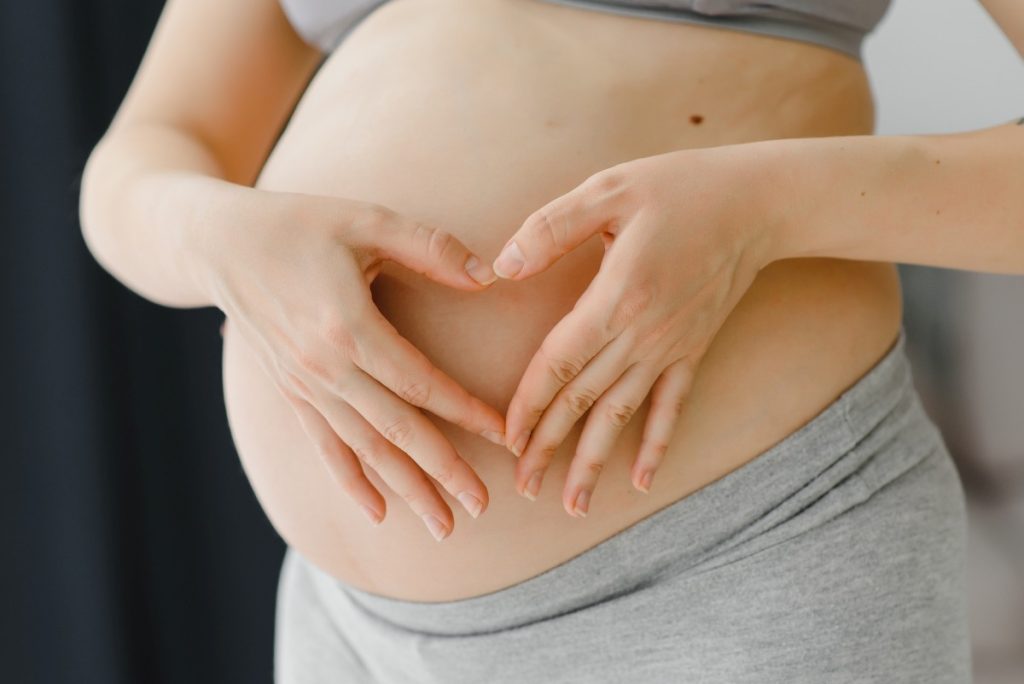Starting a family is one of life’s most significant decisions, and it’s completely natural to want to give yourself the best possible chance of conceiving. Whether you’re just beginning to think about pregnancy or you’ve been trying for a while, understanding the fundamentals of conception can make a real difference to your journey.
The truth is, getting pregnant isn’t always as straightforward as we might have learned in school health classes – but it’s also not as complicated as the internet sometimes makes it seem. Here are eight practical, evidence-based tips that can genuinely improve your chances of conceiving naturally.
1. Understand Your Menstrual Cycle
Your menstrual cycle is essentially your body’s monthly preparation for potential pregnancy, and getting familiar with its patterns is perhaps the most valuable thing you can do when you’re trying to conceive.
Most women have cycles that range from 21 to 35 days, with ovulation typically occurring around 12-16 days before your next period begins. The key insight here is that you’re most fertile in the days leading up to and including ovulation – not necessarily on day 14 of your cycle, as many people assume.
Tracking your cycle for several months can help you identify your personal patterns. You might notice that your cycles are consistently 28 days, or perhaps they vary between 26 and 30 days. Both scenarios are perfectly normal, but understanding your individual rhythm allows you to predict when you’re most likely to conceive.
2. Learn to Recognise Your Fertility Signs
Your body provides several natural indicators of fertility, and learning to interpret these signs can significantly improve your timing.
Cervical mucus changes throughout your cycle, becoming clearer, stretchier, and more abundant as ovulation approaches. At your most fertile time, this mucus resembles raw egg whites and helps sperm travel more easily through your reproductive tract.
Basal body temperature shifts slightly after ovulation due to hormonal changes. Whilst this method tells you when ovulation has already occurred (rather than predicting it), tracking your temperature over several months can help you understand your cycle’s pattern.
Many women also experience ovulation pain – a brief, sharp sensation on one side of their lower abdomen that occurs when the egg is released from the ovary.
3. Time Intercourse Strategically
Understanding the art of timing your pregnancy attempts can make all the difference in your conception journey, particularly when you’re working with your body’s natural fertility window.
Sperm can survive in your reproductive tract for up to five days, whilst an egg remains viable for about 12-24 hours after ovulation. This means your fertile window actually spans about six days – the five days before ovulation plus the day of ovulation itself.
Rather than trying to pinpoint ovulation exactly, aim to have intercourse every other day during the week leading up to your expected ovulation. This approach ensures sperm are present when the egg is released, without putting unnecessary pressure on yourselves to perform on specific days.
4. Maintain a Healthy Weight
Body weight can significantly impact fertility for both partners, though we recognise this can be a sensitive topic. Being either significantly underweight or overweight can disrupt hormonal balance and interfere with ovulation.
If your BMI falls outside the healthy range (18.5-24.9), even modest weight changes can improve fertility. For women who are overweight, losing just 5-10% of body weight can help restore regular ovulation. Similarly, women who are underweight may need to gain weight to support healthy hormone production.
The goal isn’t perfection – it’s about finding a weight that supports your overall health and reproductive function.
5. Focus on Fertility-Supporting Nutrition

What you eat genuinely affects your fertility, and making thoughtful dietary choices can support your reproductive health.
Folic acid is key even before conception, as it helps prevent neural tube defects in developing babies. Start taking 400 micrograms daily at least one month before you begin trying to conceive.
Antioxidant-rich foods like berries, leafy greens, and nuts help protect eggs and sperm from damage. Meanwhile, healthy fats found in avocados, olive oil, and fatty fish support hormone production.
Limiting processed foods, excessive caffeine (keep it under 200mg daily), and alcohol can also create a more fertility-friendly environment in your body.
6. Don’t Forget About Male Factor Fertility
Conception is a team effort, and male fertility plays an equally important role. About one-third of fertility issues stem from male factors, another third from female factors, and the remaining third involve both partners or remain unexplained.
Men can support their fertility by maintaining a healthy weight, eating a balanced diet rich in antioxidants, limiting alcohol consumption, and avoiding smoking. Heat can temporarily reduce sperm production, so it’s worth avoiding hot baths, saunas, and tight clothing for extended periods.
Stress management is important for both partners, as chronic stress can interfere with hormone production and reproductive function.
7. Consider Your Age and Timeline
Age affects fertility for both men and women, though the impact is more pronounced for women due to the finite number of eggs we’re born with.
Whilst many women conceive naturally well into their thirties and beyond, fertility does begin to decline more rapidly after age 35. If you’re under 35 and have been trying for a year without success, or if you’re over 35 and have been trying for six months, it may be worth consulting a fertility specialist.
This doesn’t mean something is wrong – it simply allows you to explore your options and potentially identify any easily treatable issues.
8. Know When to Seek Professional Help
Sometimes, despite doing everything “right,” conception doesn’t happen as quickly as hoped. This is far more common than you might think, and seeking professional guidance doesn’t mean you’ve failed in any way.
A fertility evaluation can identify potential issues like blocked fallopian tubes, hormonal imbalances, or sperm quality concerns – many of which are highly treatable. Early intervention can save months or years of trying on your own.
And if you do conceive, having access to reliable prenatal care services here in London ensures you receive comprehensive support throughout your pregnancy journey.
Moving Forward with Confidence
Remember, getting pregnant is a process that can take time, even under ideal circumstances. For couples with no fertility issues, there’s roughly a 20-25% chance of conceiving in any given cycle – which means it’s completely normal for conception to take several months.
The key is to approach this journey with patience, knowledge, and self-compassion. Take care of your overall health, understand your body’s signals, and don’t hesitate to seek professional guidance when appropriate. At GG Healthcare, we understand that every couple’s fertility journey is unique, and we’re here to support you with personalised care when you need it.
Most importantly, try to maintain perspective and enjoy this special time with your partner. Whilst the goal is conception, the journey itself can strengthen your relationship and prepare you for the exciting adventure of parenthood that lies ahead.








